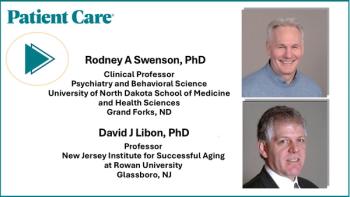
Acoustic variables, like shimmer and jitter, that are typically undetectable in human speech can be detected with tablet technology and serve as biomarkers for mental acuity.

Fremanezumab Label Expanded for Treatment of Episodic Migraine in Children Aged 6 to 17 Years

Acoustic variables, like shimmer and jitter, that are typically undetectable in human speech can be detected with tablet technology and serve as biomarkers for mental acuity.

The program's interventions enhanced cognitive function in older adults at risk for dementia, highlighting the importance of healthy behaviors.

The ability to observe an early marker of Alzheimer disease progression noninvasively marks a new phase of research with potential for improved disease management.
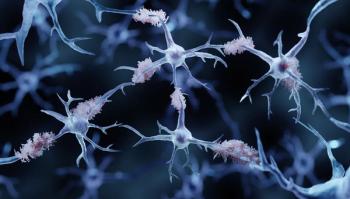
Four-year data show lecanemab slows clinical decline in early Alzheimer disease and maintains a consistent safety profile.

In the SURPASS-CVOT trial, tirzepatide reduced MACE-3 by 8% and all-cause mortality by 16% compared with dulaglutide, while also reducing HbA1c and weight.

Three-year follow-up data from the TRAILBLAZER-ALZ 2 extension trial supported early initiation and limited-duration dosing.
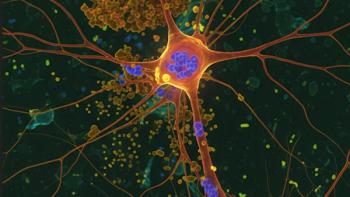
The guideline is the first in a series that will focus on diagnosis, treatment, and care of Alzheimer disease and all other dementias, according to the association.
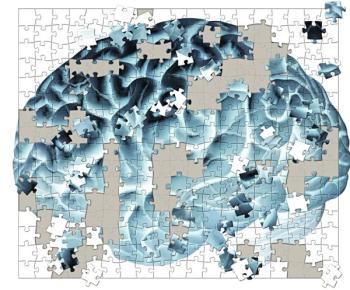
Linus Health is expanding its AI-powered remote cognitive assessment platform, Anywhere, to expand access to early detection of cognitive impairment.

Your daily dose of the clinical news you may have missed.

Data from Roche presented at AAIC 2025 highlight rapid amyloid clearance with investigational antibody and potential of pTau217 as blood-based rule-in and rule-out test.

In this short conversation, Libon underscores how time-based measures during assessment can reflect subtle neurocognitive changes, augmenting traditional screening.
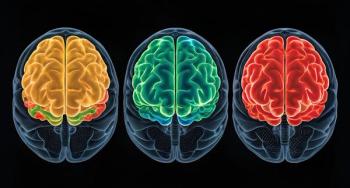
The European Commission is expected to make a final regulatory decision on the anti-amyloid therapy in the coming months, Lilly said.
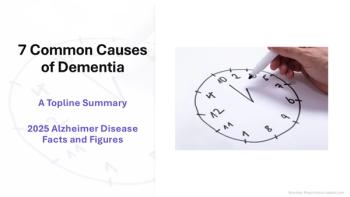
The brain changes that lead to cognitive and behavioral changes referred to as dementia have multiple potential etiologies; not all dementia is Alzheimer disease.

Your daily dose of the clinical news you may have missed.
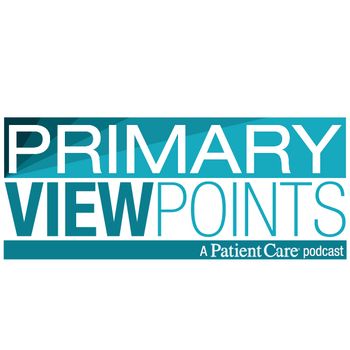
Listen to our latest podcast episode to discover how early dementia detection enhances care and quality of life, with actionable strategies for primary care teams to implement now.

Both metformin and GLP-1 RAs have been studies for their neuroprotective effects; this study is the first head-to-head investigation and supports further research.

Swenson focused on the precision afforded by digital tools in assessing human behavior and identifying preclinical signs of cognitive impairment.
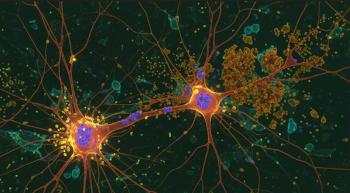
Eisai will present four-year safety and efficacy data, real-world use patterns, and findings on a new subcutaneous formulation for maintenance treatment in early Alzheimer disease.
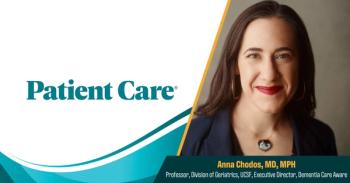
In recognition of World Brain Day, Anna Chodos, MD, discusses why early detection of cognitive decline must become standard practice—and how PCPs can take simple, effective steps to make that happen.

Libon, a professor at the New Jersey Institute for Successful Aging at Rowan University, says the refined approach to cognitive assessment is widely available.
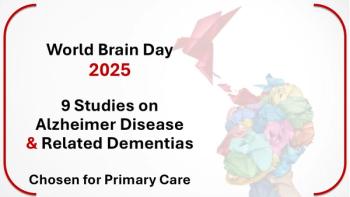
World Brain Day is celebrated on July 22 every year. In recognition Patient Care has summarized 9 notable studies of key interest to primary care for quick review.

Digital latency measures enhance early detection of cognitive decline, revealing neurodegenerative changes before traditional tests indicate impairment.
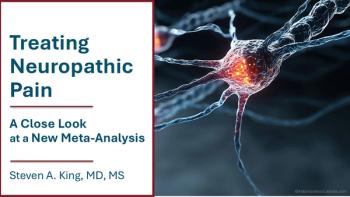
For the often treatment-resistant pain of neuropathic conditions, the meta-analysis includes updated evidence for both pharmacologic and neuromodulatory interventions.

The adjusted dosing for donanemab in early AD reduced ARIA-E risk by 41% compared to the original dosing, without compromising efficacy.

The Fujirebio in-vitro diagnostic has shown positive and negative predictive values of 92% and 97%, respectively, for early AD detection and will be offered by end of summer.